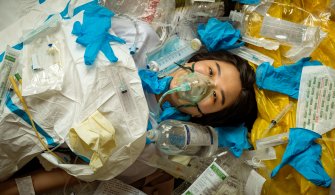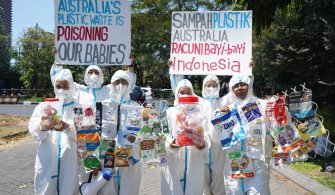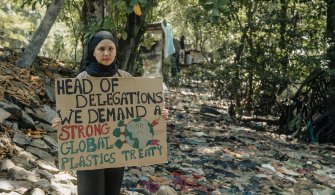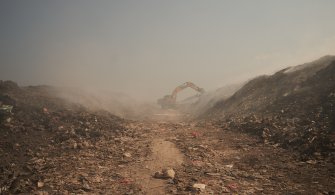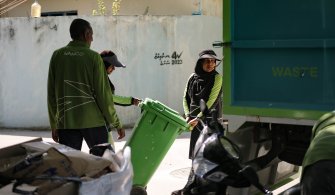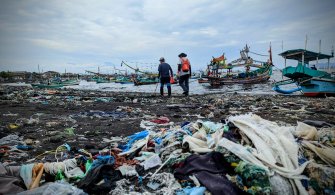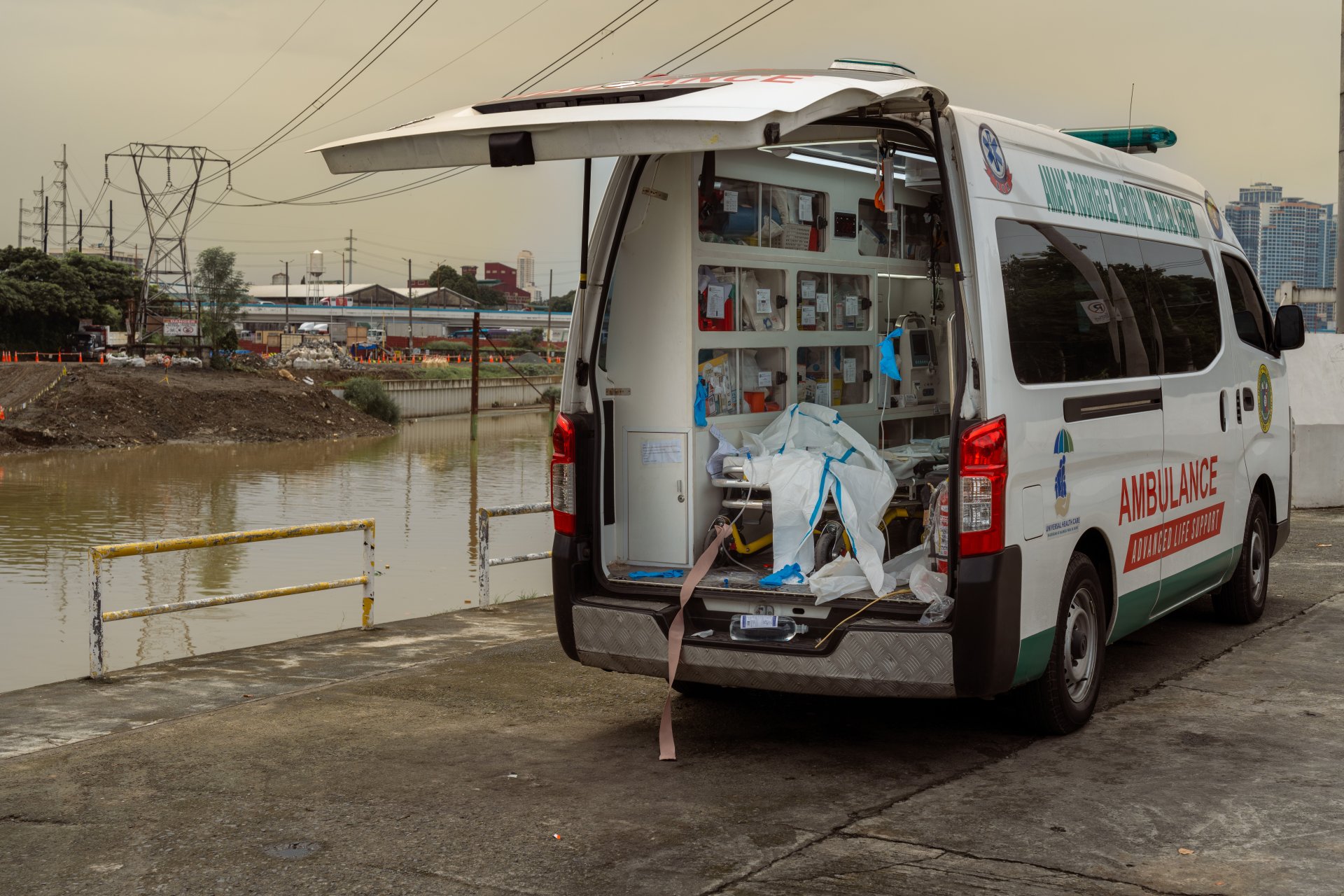
The healthcare sector, while fundamentally tasked with healing, is paradoxically a major contributor to environmental and public harm, accounting for just over 5% of global greenhouse gas emissions.
Plastics are a significant part of this poisonous footprint. Common plastics found in medical devices make up approximately 70% of all medical products. The primary plasticizer used in medical devices, Di(2-ethylhexyl)phthalate or DEHP, is toxic and poses higher risks of reproductive toxicity, endocrine disruption, and developmental toxicity, especially during pregnancy and early infancy. The widespread use of single-use plastics (SUPs) in healthcare became especially clear during COVID-19, with rising demand for items like gloves and masks. This is likely to continue as hygiene and personal protection remain a priority.
Plastics derived from fossil fuels often contain toxic additives, causing serious harm to the environment and human health. Their dangers grow when they leach into the environment, are used in medical procedures, or are ingested. These plastics can release chemicals that disrupt hormones, and have been linked to cancer, diabetes, fertility issues, developmental problems, and weakened immune systems.
Plastic pollution as a health crisis.
Health Care Without Harm's International Strategic Plan 2024–2028 positions plastic phase-out, detoxification, and decarbonization as critical priorities to build a healthier, climate-resilient future. We advocate for bold action to reduce plastic use in healthcare, champion safer alternatives, and promote sustainable waste management systems.
Plastic and Health: Southeast Asia Unveiled
A Photo Exhibit and People’s Campaign for a Just and Equitable Plastics Treaty
Plastic pollution is a major issue in Southeast Asia, which includes several of the world's top plastic-polluting countries. Six out of ten ASEAN nations generate over 31 million tonnes of plastic waste each year. Rising healthcare demand makes it even more urgent to tackle plastic use and waste management in the health sector. In response, Health Care Without Harm Southeast Asia (HCWH SEA) is working with partners across the region to promote a phase-out of plastics in healthcare.
One key partner is the Sunway Centre for Planetary Health (SCPH) in Malaysia. Now in the third year of collaboration, HCWH SEA and SCPH are launching a long-term Plastic and Health Campaign. The goal is to raise public and institutional awareness, mobilize healthcare professionals as advocates, and push for systemic changes to reduce harmful plastics in healthcare.
As part of this effort, HCWH SEA and SCPH will roll out a series of campaign activities under the banner #BeatPlasticPollutionForHealth. The first phase will run from July to December 2025, launching alongside Plastic Free July. It aims to build momentum leading up to the second part of the fifth session of the Global Plastics Treaty negotiations (INC-5.2) in August, and will continue through the aftermath of COP30, to maintain pressure and visibility on the plastic and health advocacy.
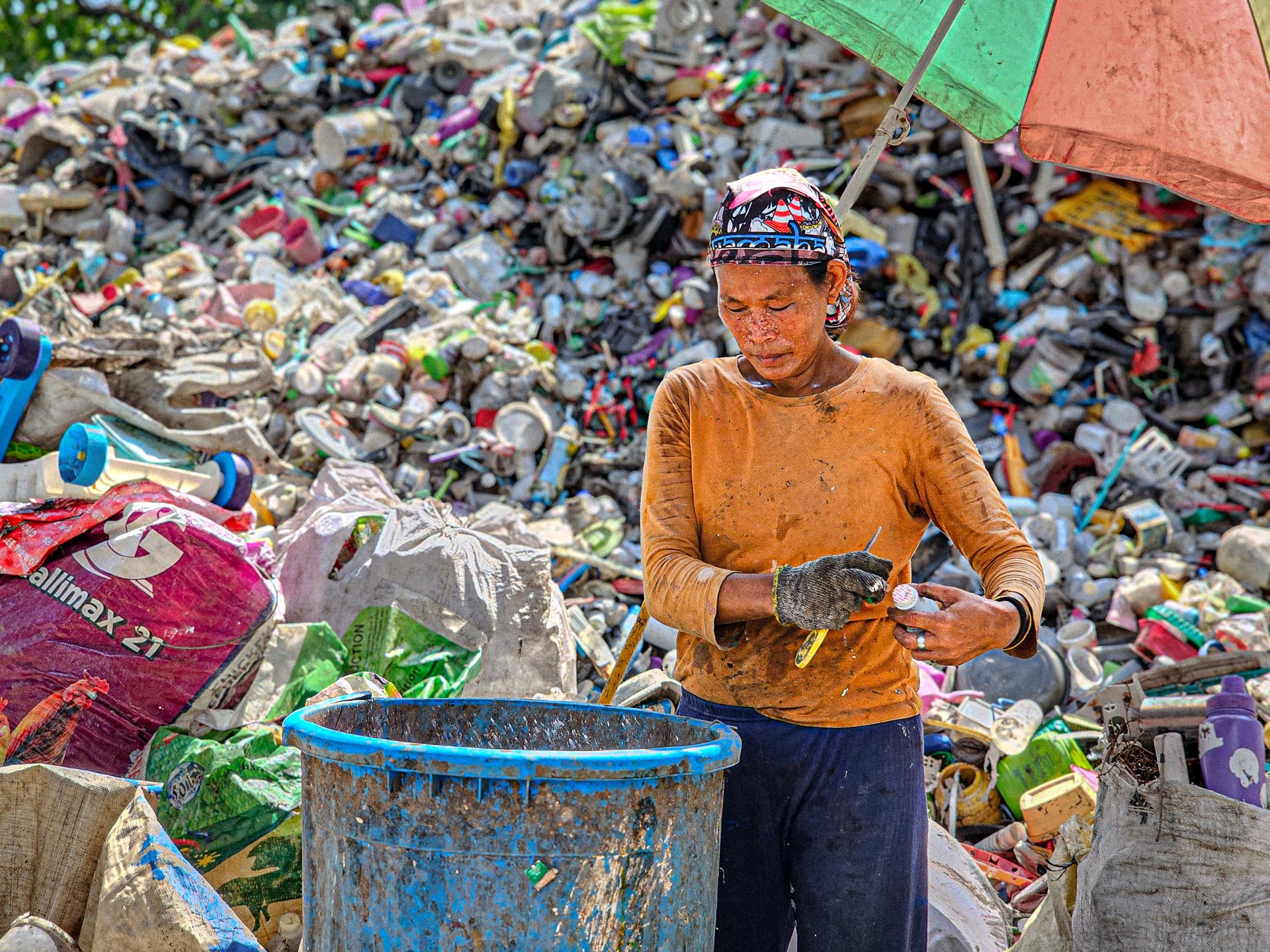
The #BeatPlasticPollutionForHealth campaign seeks to transform the healthcare sector’s role in addressing the plastics crisis by focusing on reducing waste, eliminating toxins, and promoting and adopting sustainable alternatives. The campaign goals are:
From July to December 2025, the #BeatPlasticPollutionForHealth campaign will roll out three key activities: a series of Plastic Free July engagement events, targeted advocacy efforts around INC-5.2 of the Global Plastics Treaty, and a culminating finale event to be defined and designed in alignment with COP30 developments.
Plastic Free July events
Launch of Advocacy Toolkit
July 01, 2025
Ready-to-use campaign materials for health professionals designed to spotlight plastic pollution as a health crisis and to mobilize the health sector to take action in advocating for solutions.
Day of Action: Prescriptions to Beat Plastic Pollution
July 15, 2025
Health institutions and professionals will share their experiences on social media in implementing the five key actions checklist to reduce plastic use in healthcare. This virtual mobilization effort…
Webinar: Our Right to Thrive: Spotlight on Plastics in Healthcare
July 31, 2025
A closing event discussing the healthcare sector’s role in taking action, sharing solutions, and advocating for health-centered approaches to addressing plastic pollution. The event will feature…
Launch of Coffee Table Book on Sustainable Healthcare Practices
July 31, 2025
At the “Our Right to Thrive: Spotlight on Plastics in Healthcare” webinar, we will introduce our Coffee Table Book—a publication of best practices in sustainable healthcare. It showcases stories of…
Social Media Promotions
June 2025
Social media posts will be rolled out regularly to promote the key actions and campaign messages.
Advocacy Around INC-5.2 of the Global Plastic Treaty
Launch of Advocacy Kit
July 31, 2025
To build momentum ahead of INC-5.2, we will launch a dedicated Advocacy Toolkit during the“Our Right to Thrive: Spotlight on Plastics in Healthcare” webinar. Timed with the close of Plastic Free July…
Launch of the joint research publication
Early August
Just before INC-5.2, we will release a new joint research publication developed by UNU, HCWH SEA, and SCPH. The report will be promoted across digital platforms, including social media, email networks…
OpEd by Southeast Asia Planetary Health Advocates
Mid-August
In collaboration with our network of journalists, we aim to publish a timely OpEd on plastics and health. The exact focus will be determined jointly to ensure relevance, impact, and media appeal.
Social Media campaign
August-December
A series of posts will highlight campaign milestones, promote advocacy tools, and reinforce the message that health must be central to the Global Plastics Treaty.
Year-end/Finale Event (TBC)
Main Event (format to-be-confirmed)
A final convening to reflect on campaign progress, spotlight key outcomes, and set the stage for continued advocacy on plastics and health.
Media outreach
We will engage local and regional media before and during the event. A media kit ill be developed and distributed. Local media will also be invited to attend and provide coverage.
Social Media promotions
Social media posts will be rolled out to promote the event, its objectives, the program agenda, and the resource persons, while reinforcing core campaign messages on plastic and health.
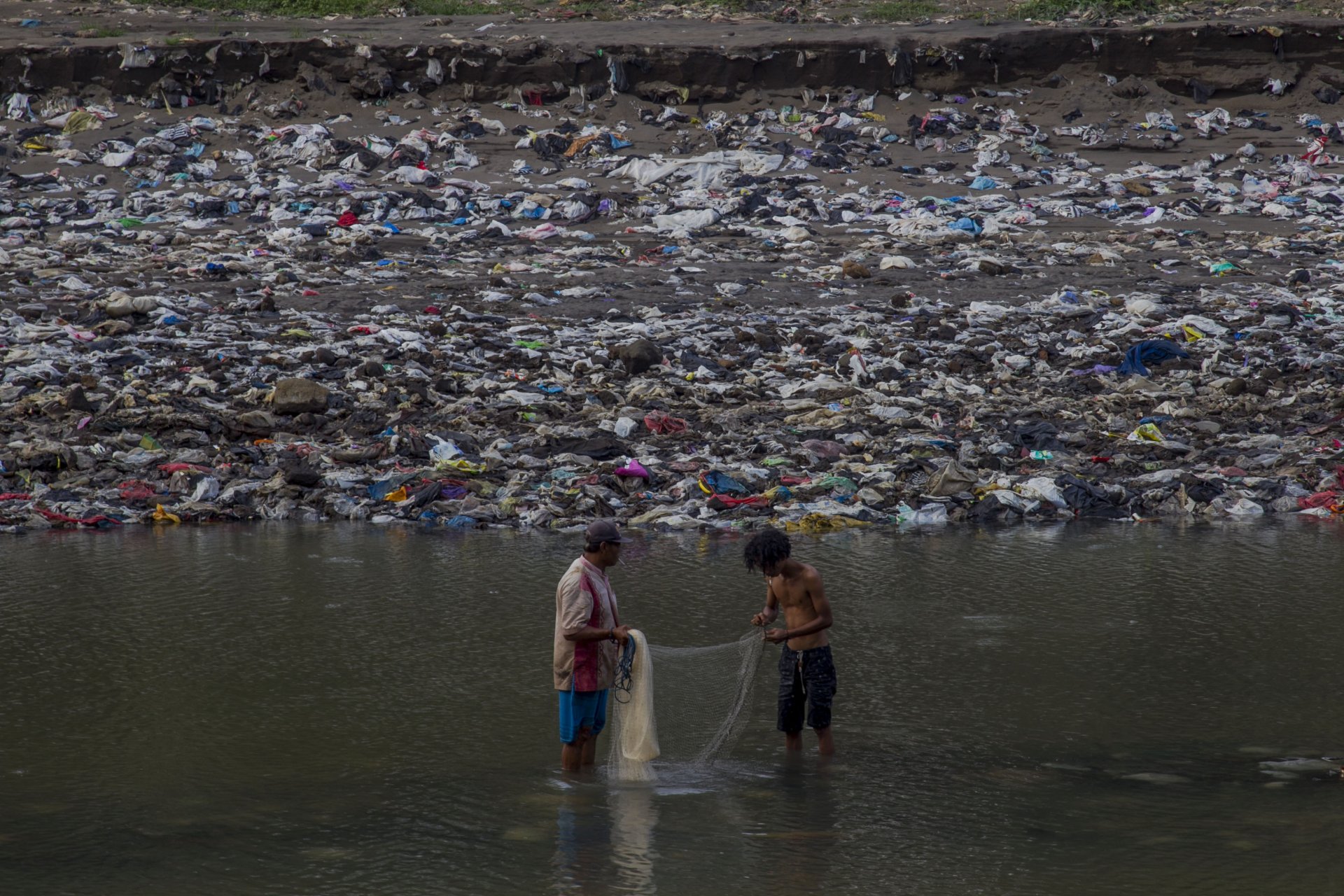
To ensure impactful reach engagement, the campaign will adopt a multi-platform implementation approach:
- Digital Media: Digital channels will serve as the primary platforms for campaign rollout. This includes our official web page on HCWH SEA’s website, social media platforms of HCWH SEA, SCPH, and other partners, email campaign blasts, and online news outlets to disseminate key messages and engage with diverse audiences.
- Traditional Media: For major campaign milestones and events, we will engage with traditional media outlets, to further amplify visibility through OpEd placements, news features, interviews, and coverage.
- On-Ground Events: A select number of in-person activities will be organized, including participation during INC-5.2 and the proposed finale event in Malaysia. These on-site engagements will provide opportunities for direct advocacy, media interaction, and stakeholder mobilization.
#BeatPlasticPollutionForHealth: Detoxifying Our Plastic Habit
The #BeatPlasticPollutionForHealth is a joint campaign between Health Care Without Harm Southeast Asia and the Sunway Centre for Planetary Health.
From July to December 2025, the #BeatPlasticPollutionForHealth a series of activities aimed at raising public and institutional awareness, mobilizing healthcare professionals as advocates, and pushing for systemic changes to reduce harmful plastics in healthcare.
